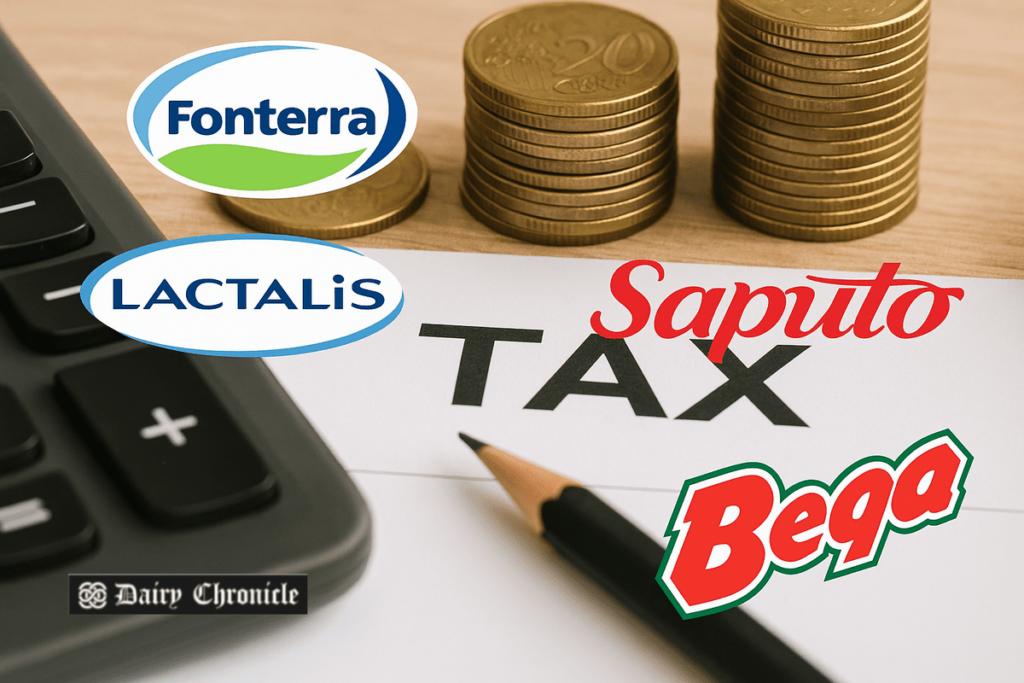Global dairy companies such as Fonterra, Lactalis, Saputo, and Bega have come under scrutiny in Australia, particularly in Victoria, for contributing minimal income tax despite earning billions in revenue. Between 2018 and 2023, these companies collectively earned $38 billion in the country but paid only a fraction in taxes, prompting criticism over corporate transparency and fairness.
Major global dairy corporations including Fonterra, Lactalis, Saputo, and Bega are under growing public and governmental scrutiny in Australia, particularly in Victoria, for allegedly paying extremely low income tax despite generating billions in local revenue. These companies are accused of exploiting legal tax structures to significantly reduce their fiscal responsibilities.
According to data released by the Australian Taxation Office (ATO), between 2018 and 2023, these four companies earned a combined total of approximately $38 billion USD in Australia, but their total income tax contributions were notably small.
Fonterra, a New Zealand-based dairy giant, reported $7.73 billion USD in Australian earnings during this period but paid no tax due to carrying forward past tax losses. Saputo, a Canadian-owned firm operating extensively in Australia, paid just $24 million USD in tax on $13.3 billion USD in earnings, reportedly using a subsidiary to obscure its Australian operations’ financial footprint.
Meanwhile, Lactalis, headquartered in France, contributed $38.8 million USD on $10.22 billion USD, and Bega, an Australian company, paid $29.8 million USD on $11.3 billion USD in revenue. These figures represent less than 0.5% of their total earnings, triggering concerns from local producers and tax watchdogs.
Critics have also pointed out that despite benefiting from national dairy marketing and research programs—funded by Australian taxpayers and farmers through Dairy Australia—some of these companies have not financially supported these initiatives.
Efforts by the ATO to increase corporate tax transparency have seen limited progress. The agency’s annual corporate tax reports have helped shed light on revenue vs. tax paid by large firms but haven’t compelled significant changes in behavior or legislation.
The situation has reignited debates around multinational tax avoidance, fair industry contribution, and whether current Australian tax policies are sufficient to ensure accountability from foreign-owned corporations operating in essential domestic sectors like dairy.



